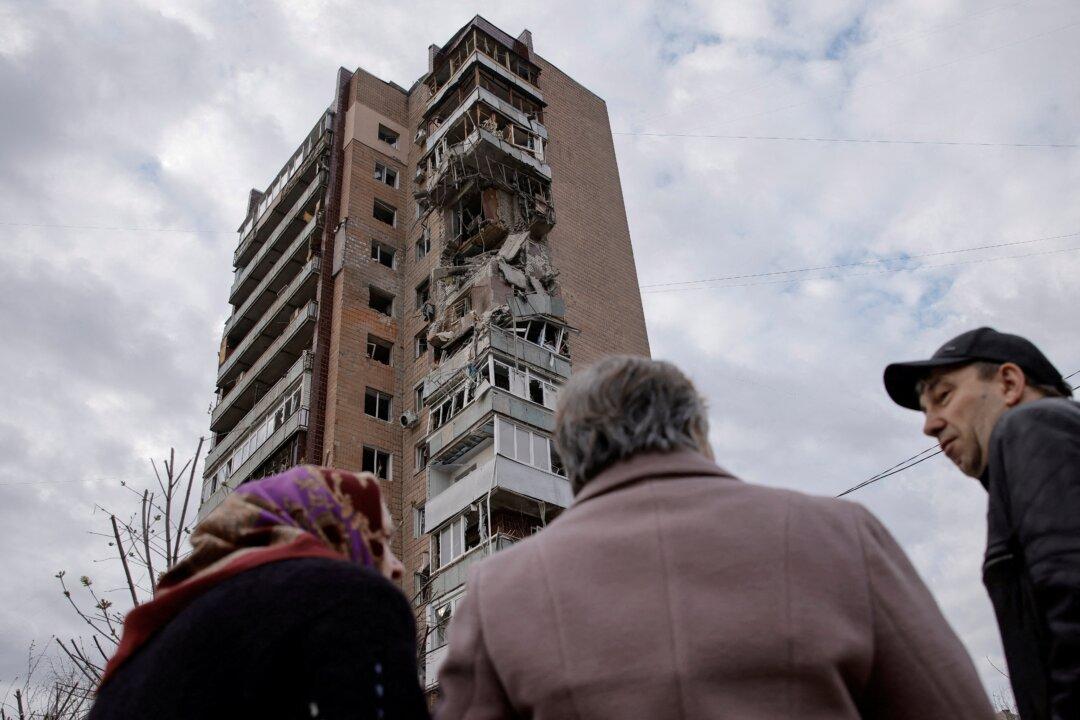Commentary
The Chinese regime undermines international sanctions on Russia by providing Moscow with funding and weapons, thereby prolonging the Russo-Ukrainian War.

The Chinese regime undermines international sanctions on Russia by providing Moscow with funding and weapons, thereby prolonging the Russo-Ukrainian War.